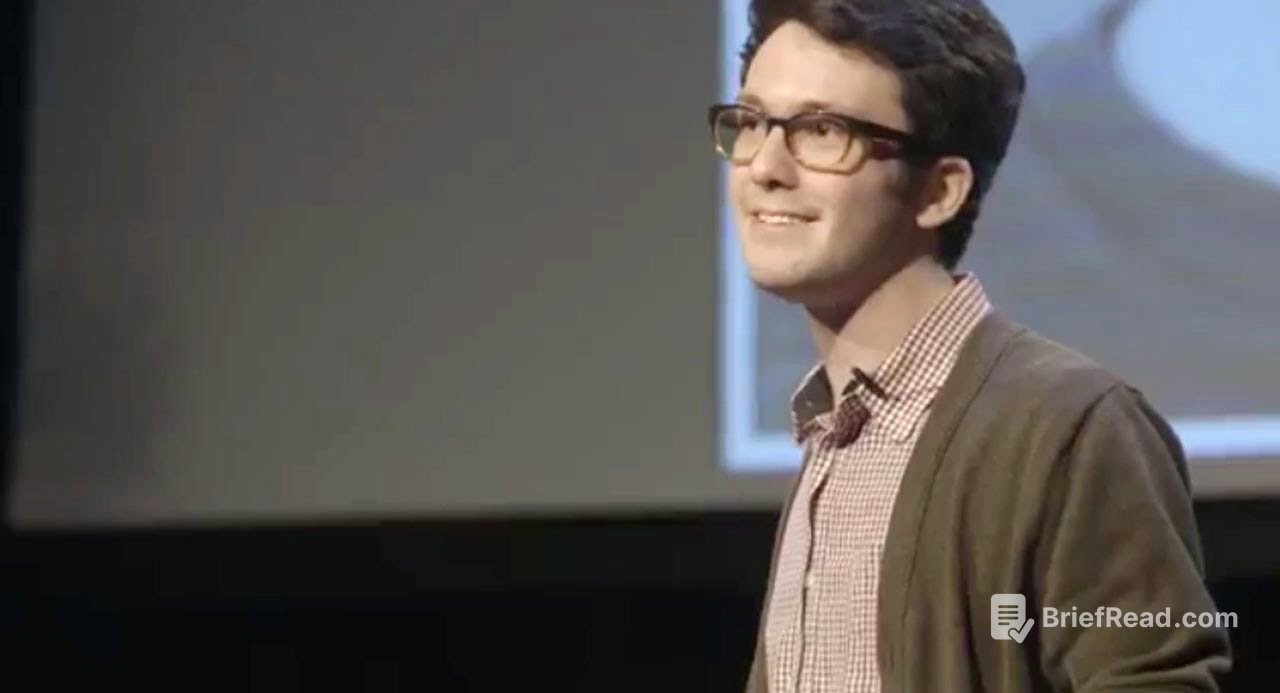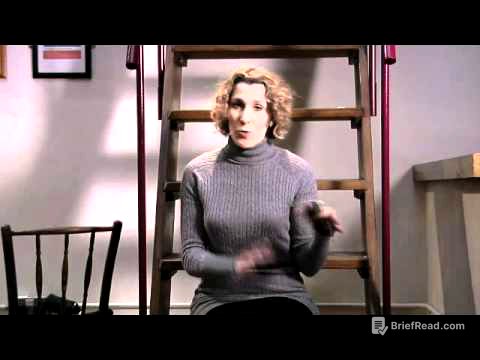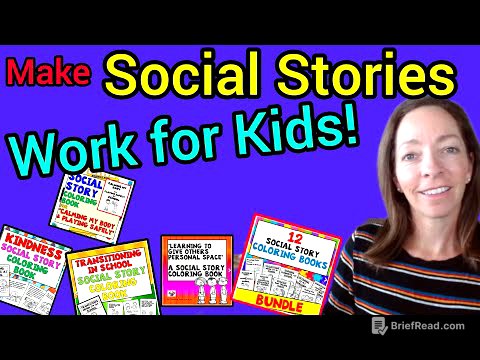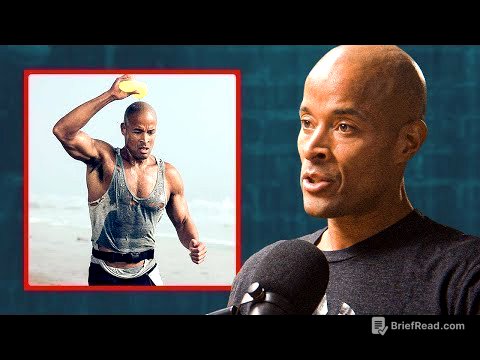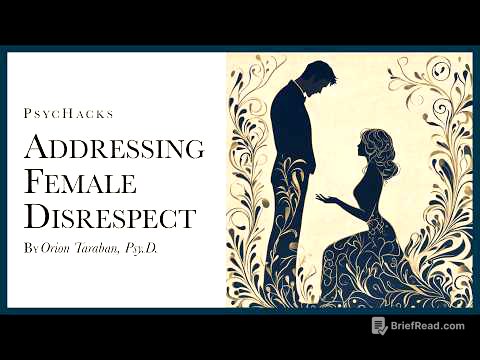TLDR;
Timothy Doner discusses his experiences as a teenage polyglot, the media's sensationalized portrayal of language learning, and the deeper cultural significance of language beyond mere vocabulary and grammar. He shares his personal journey of learning multiple languages, the challenges he faced, and the unique methods he developed to overcome them. He emphasizes the importance of language as a gateway to understanding different cultures and worldviews, highlighting the alarming rate at which languages are disappearing and the profound loss this represents for humanity.
- Media often sensationalizes language learning, focusing on fluency counts rather than cultural understanding.
- Language learning is more than memorizing words; it's about connecting with cultures and understanding different worldviews.
- Unique methods, like spatial memory integration and sound-based vocabulary grouping, can enhance language learning.
- Language is deeply intertwined with culture, with phrases and expressions reflecting cultural values and practices.
- The death of a language represents the loss of a unique cultural perspective, mythology, history, and folklore.
Introduction: The Polyglot's Predicament [0:26]
Timothy Doner recounts his experience after being featured in a New York Times article as a teenage polyglot. Initially excited about the attention language learning was receiving, he soon found the media focusing on sensationalizing his abilities rather than exploring the deeper aspects of language acquisition. Media shows would often ask him to perform linguistic tricks, like saying phrases in multiple languages, rather than discussing the value and process of language learning. This experience led him to feel that language learning was being reduced to a mere task, quantified by the number of languages he could speak, rather than the enriching experience of connecting with different cultures.
From Child Actor to Language Enthusiast [4:04]
Doner shares his early experiences that sparked his interest in languages. As a child actor, he had a knack for accents, which taught him how to break down and mimic sounds. Although he started learning French in school, he didn't feel a real connection to the language. It wasn't until he began studying Hebrew at age 13, driven by an interest in the Israeli-Palestinian conflict, that he discovered his own way of learning a language. By listening to rap music, memorizing lyrics, and practicing with native speakers, he managed to grasp the basics of Hebrew independently. This self-directed approach was a turning point, showing him that he could learn languages on his own terms.
The YouTube Experiment and Community [6:35]
Doner describes how he started uploading videos of himself speaking different languages on YouTube. He shares that he recorded himself speaking Arabic and Hebrew, subtitled the videos, and uploaded them. The positive feedback and corrections he received from the online community transformed language learning from a solitary activity into an interactive experience. This online community provided him with conversation partners and teachers for various languages, further fueling his passion for language acquisition.
Overcoming Obstacles: Unique Learning Methods [8:31]
Doner discusses the challenges he faced while learning multiple languages and the methods he developed to overcome them. He explains the "Method of Loci," a mnemonic technique where vocabulary words are associated with specific locations in a familiar place to enhance memory. He also describes how he groups vocabulary words based on similar sounds, even if they are unrelated, to better retain them. These methods made language learning more interactive and enjoyable for him.
Language as a Cultural Window [11:16]
Doner emphasizes that language is more than just vocabulary and grammar; it's a gateway to understanding different cultures. He illustrates this point with the Persian concept of "Taaraf," where people engage in exaggerated humility and politeness in conversations. He also highlights how certain phrases and expressions reflect cultural values and practices. He notes that while language may not inherently affect the way people think, it provides valuable insights into a culture's mindset.
The Crisis of Language Death [15:11]
Doner addresses the alarming rate at which languages are disappearing around the world. He explains that every two weeks, a language dies due to war, famine, or assimilation. The death of a language represents the loss of a unique cultural perspective, mythology, history, and folklore. While learning a new language may not directly prevent language death, it can open one's mind to the idea that language represents a cultural worldview. He concludes by stating that while words can be easily translated, meaning cannot, underscoring the importance of preserving linguistic diversity.
